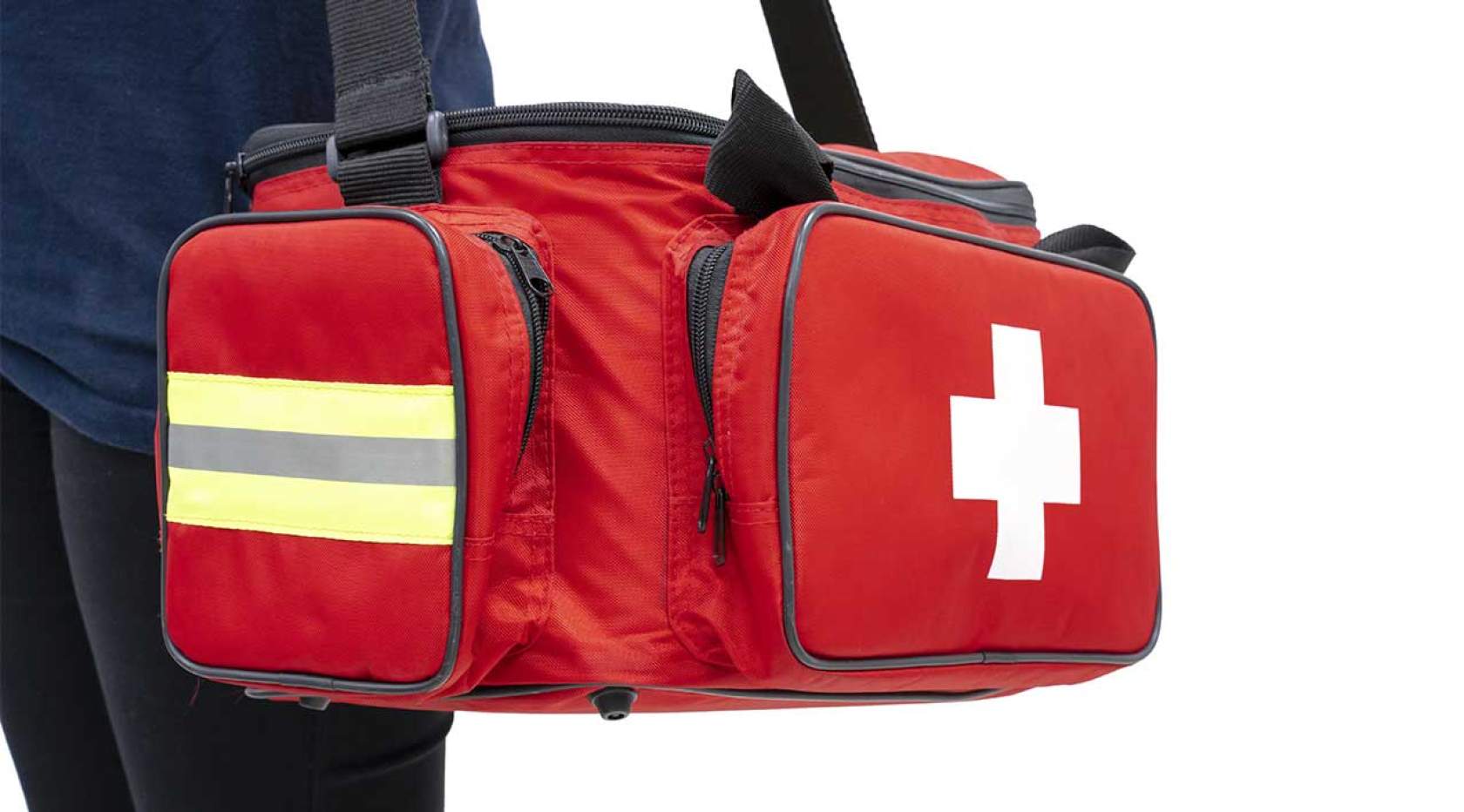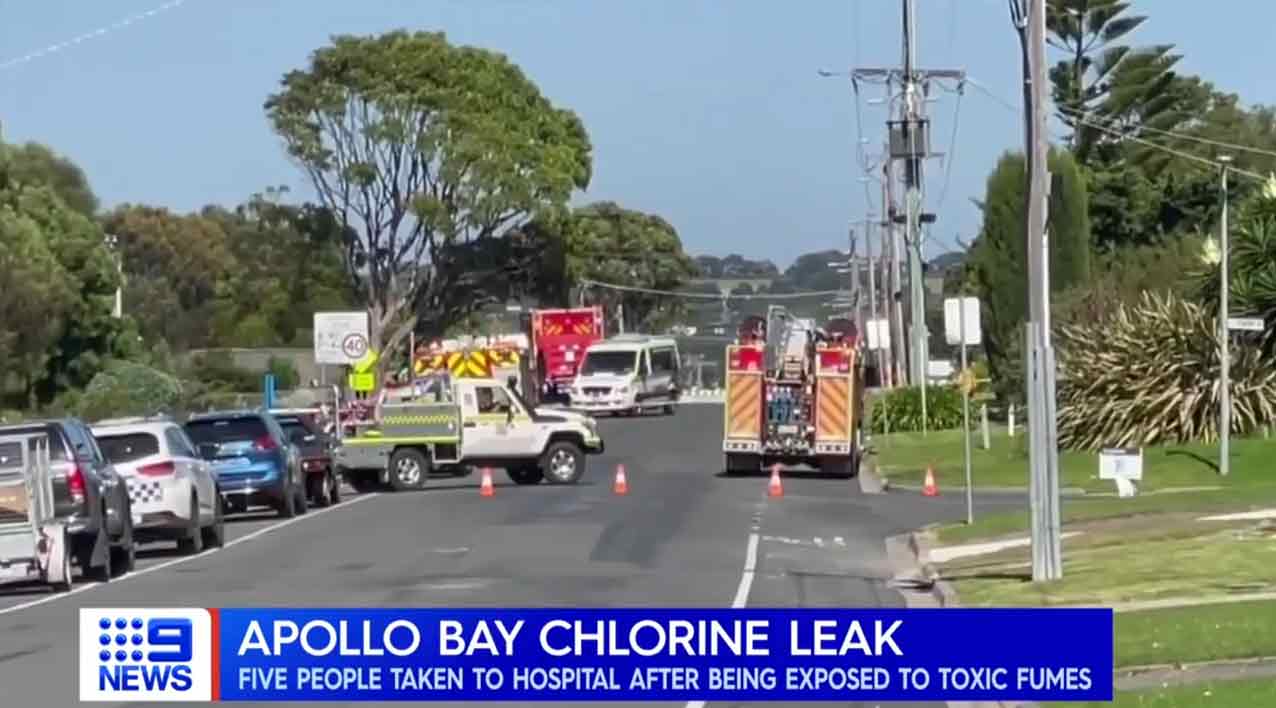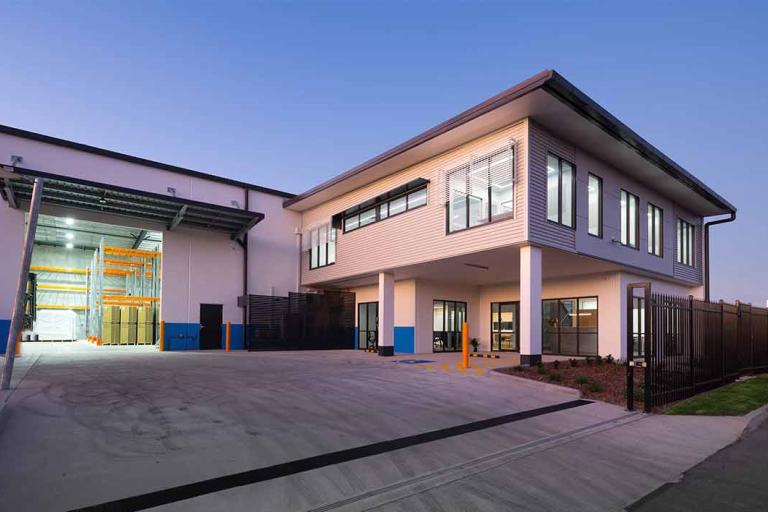Three public pools evacuated over Easter period

Three aquatic centres in Australia and New Zealand were evacuated over the Easter period, causing several patrons to attend hospital. Additionally, a New Zealand man was burnt incorrectly mixing pool chemicals in his backyard in late March, believed to be by putting chlorine into a bucket before putting in the water.
On April 3, paramedics treated 21 people following a chlorine leak at Apollo Bay Aquatic Centre in Victoria, with five people being taken to hospital after experiencing breathing difficulties.
The Country Fire Authority (CFA) spokesperson Keith Pakenham said about 21 people were initially treated after being exposed to toxic fumes, but most would not require hospitalisation.
They believed an electrical pump had malfunctioned, leading to a chlorine leak that effectively shut down the entire facility just before 11am.

Pool patrons affected by the fumes, including children, were assessed by paramedics. Five were subsequently taken to hospital suffering from breathing difficulties, including one pre-school aged child. Two were flown to Geelong: one woman in her 60s was in hospital overnight in a serious but stable condition.
The entire street was shut down with a 400m exclusion zone set up around the facility, and nearby residents were told to shut their windows and doors and stay inside.
WorkSafe officers attended the pool but have yet to make a determination as to the cause of the incident.
On the morning of April 5, 150 people were evacuated from southern Sydney’s Hurstville Aquatic Centre following reports of a gas leak. Georges River Council has since said the cause of the odour was a faulty anti-siphoning valve in the acid feeder.
Media reported three people attending St George Hospital in a stable condition, including one child.
In a statement the council said:
“Hurstville Aquatic Leisure Centre was evacuated at 10.00am Monday 5 April 2021 following the quick action of staff when they detected odour caused by faulty anti-siphoning valve in the plant room that regulated acid usage.
“As a precaution, the NSW Ambulance Service was called to attend the site. The NSW Fire Service also attended and it was able to confirm the cause of the odour and by 1.15pm declared the Centre safe.
“Some media reports have described the incident as an acid spill, these reports are incorrect.
“Council also commends the quick action of the Bluefit staff of the Centre in ensuring all customers and staff were evacuated promptly and safely. As always the safety of customers, community and staff is the first priority.”
The faulty valve has been replaced.
New Zealand public pool incident
Radio New Zealand reported that more than a dozen young teenagers experienced irritated eyes and breathing difficulties at the H2O Extreme aquatic centre on April 1, with 11 of them attending Hutt Hospital emergency department where they were reported to be in a stable condition.
WorkSafe said the most likely cause was a lack of ventilation in the slide area, along with heavy use of the slides, but further investigation was required.
The slides were closed after a reading showed high chlorine levels that remained within the maximum safely allowed. The slides re-opened when chlorine levels dropped again.
Upper Hutt City Council said there had not been any chemical spill or leak.
Maintenance of public pools
Spiros Dassakis, COO of SPASA Australia, says the maintenance required by hotels, motels and public pools are a complex logistical undertaking that requires careful planning by the maintenance team.
He says it is imperative staff have adequate training to do with pool chemical storage, maintenance and treatment of water.
“Managers and peripheral staff that are supervising and maintaining commercial and private pool operations that are not trained or qualified to undertake such tasks, are placing themselves and others at risk. When not applying best practice regarding pool water chemistry and chemical handling, the outcomes can have serious health and environmental repercussions.”
He says the cost of businesses closing, as well as the risk to human health, can be potentially millions of dollars.
Dassakis says anyone managing or maintaining a public pool or spa should undertake the Commercial Pool Technician Program (CPT). The program delivers the required aquatic industry qualifications to compliantly manage public and commercial swimming pool and spas in Australia.



